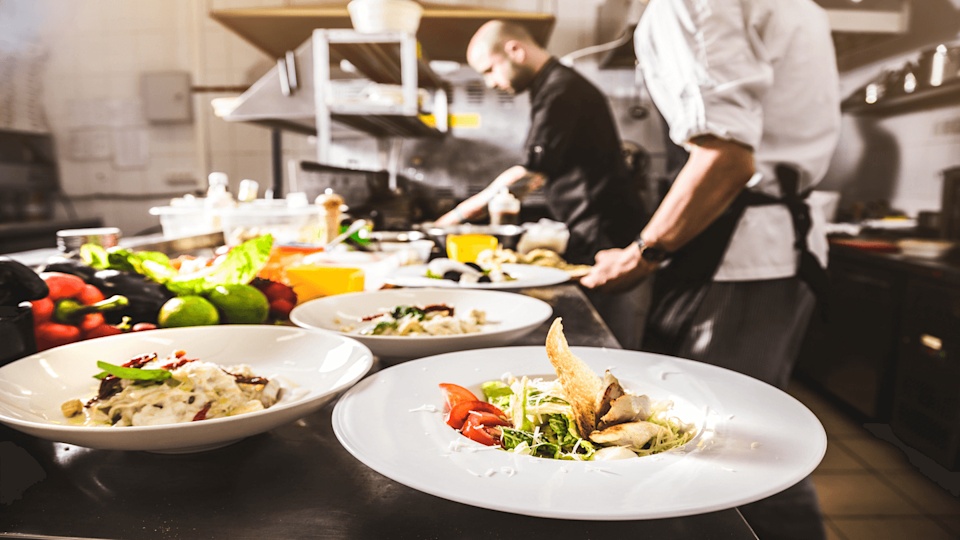
Personal injury
What precautions do restaurants have to take to keep customers safe?
If you have an allergy and eat out, are food outlets obliged to keep you safe? Find out the laws surrounding allergies when it comes to restaurants and cafes.
If you have an allergy and you eat out, are food outlets obliged to keep you safe?
It’s a question many have been asking recently after the tragic case of Shahida Shahid hit the headlines.
The 18-year-old Manchester University student collapsed after eating at Almost Famous in Manchester. She had explained to restaurant staff how severe her allergies were and chose a dish that she believed would be safe for her to eat. However, the burger she was served had been marinated in buttermilk which triggered an allergic reaction and led to her death.
Recording a verdict of misadventure, an inquest in Manchester ruled a “lack of communication” between her server and the chef which led to Shahida being given the meal which would kill her and that her allergies, which were noted on the order, were “missed numerous times” before and during the preparation of the burger.
Shahida’s family explained how she would always carry her epi-pen and inhaler and always explained her allergies when ordering food.
While Shahida seemingly did all she could to keep herself safe, what should restaurants be doing to protect diners with allergies?
What are the laws surrounding allergies when it comes to restaurants and cafes?
One of the unfortunate ironies in Shahida’s case was that new food allergen labelling and information requirements came into force in December 2014, just a few weeks before Shahida visited Almost Famous.
These new rules require all businesses serving food to make sure that customers are provided with information about the use of allergenic ingredients, or alternatively, to direct a customer to where that information can be found.
Almost Famous had a system in place that invited customers to ask the staff about allergenic ingredients, but the inquest showed their system was flawed, so that when Shahida asked the member of staff about what she could order, he didn’t know that the chicken she subsequently ate had been soaked in buttermilk.
Are ALL eateries obliged to abide by allergy regulations?
Yes. What you tend to see in most establishments that serve food, whether large or small, is a direction to the customer, to ask a member of staff.
It’s obviously therefore essential that all staff members have full training and understanding of the items on the menu or of what is being sold and what allergenic ingredients they contain.
One of the saddest elements of Shahida’s case is that it shows that there is a lack of understanding of the life threatening consequences of making a mistake in this kind of situation.
What should I do if I’m eating out and have food allergies?
You should always make it clear that you have allergies. Also, do not be afraid to ask questions. Ask the waiting staff if they’ve had training on food allergies and cross-contamination.
Also ask if you can speak to the chef or manager about meal options.
Ask about the dishes, whether they’re made in-house and if not, ask if the food labels are available to read yourself.
Whatever you’re unsure about, be confident enough to speak up.
If you’ve suffered a reaction to a meal in a restaurant, what can you do?
If you’ve suffered an allergic reaction after eating out, make sure you keep the receipt for your purchase if you have one.
If your allergic reaction has resolved relatively quickly and you just want to make sure the establishment knows about it, so they can do something about it or improve their training to make sure it doesn’t happen again, then give them a call.
If you wish to take it further you can.
As we’ve mentioned already, you must be told about potential allergenic ingredients in the food you are being sold.
How we can help
If you’ve explained clearly to the food establishment what your allergies are, but you’ve still been served contaminated food, then on the face of it, something has gone badly wrong and you may be able to claim compensation, depending on what, if any, injuries you’ve suffered as a result.
For more information, call us on freephone 0330 107 5087 or contact us online.
All the above information was correct at the time of publication.



If you have experienced a personal injury, you might be eligible for compensation, regardless of whether the incident occurred in the UK or abroad, at work or in public. Our legal experts are here to help you get the rehabilitation, compensation and support you need.
